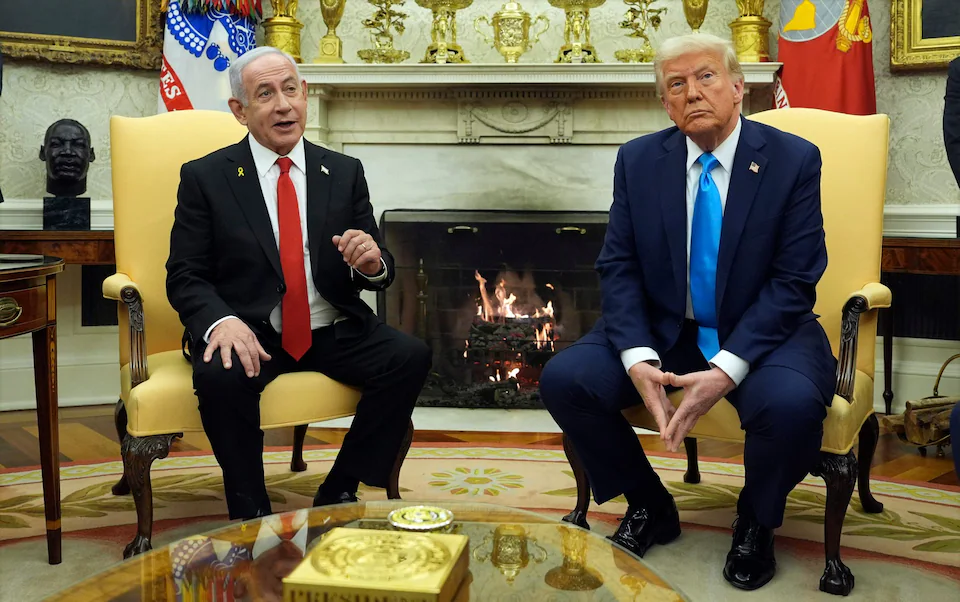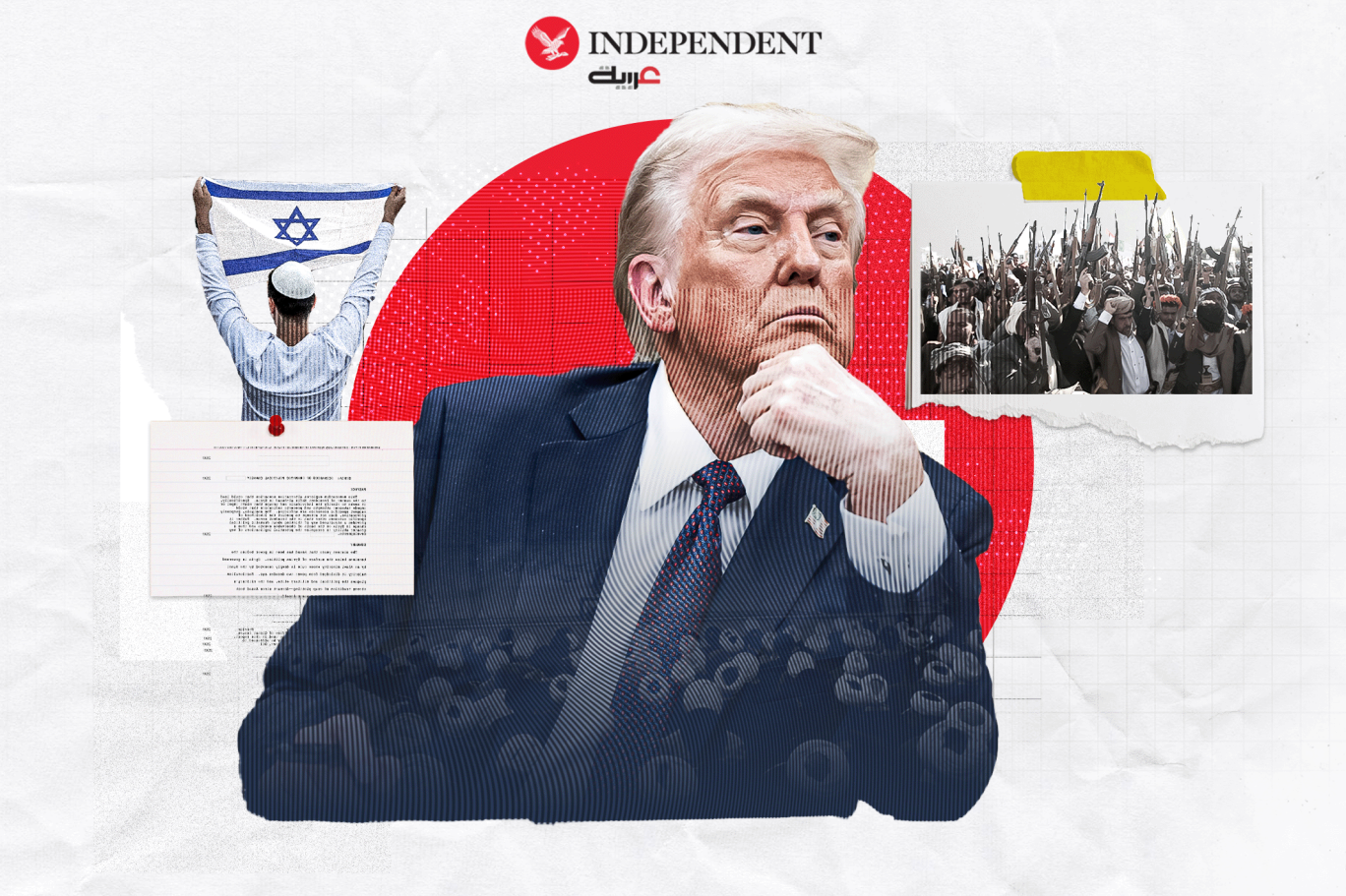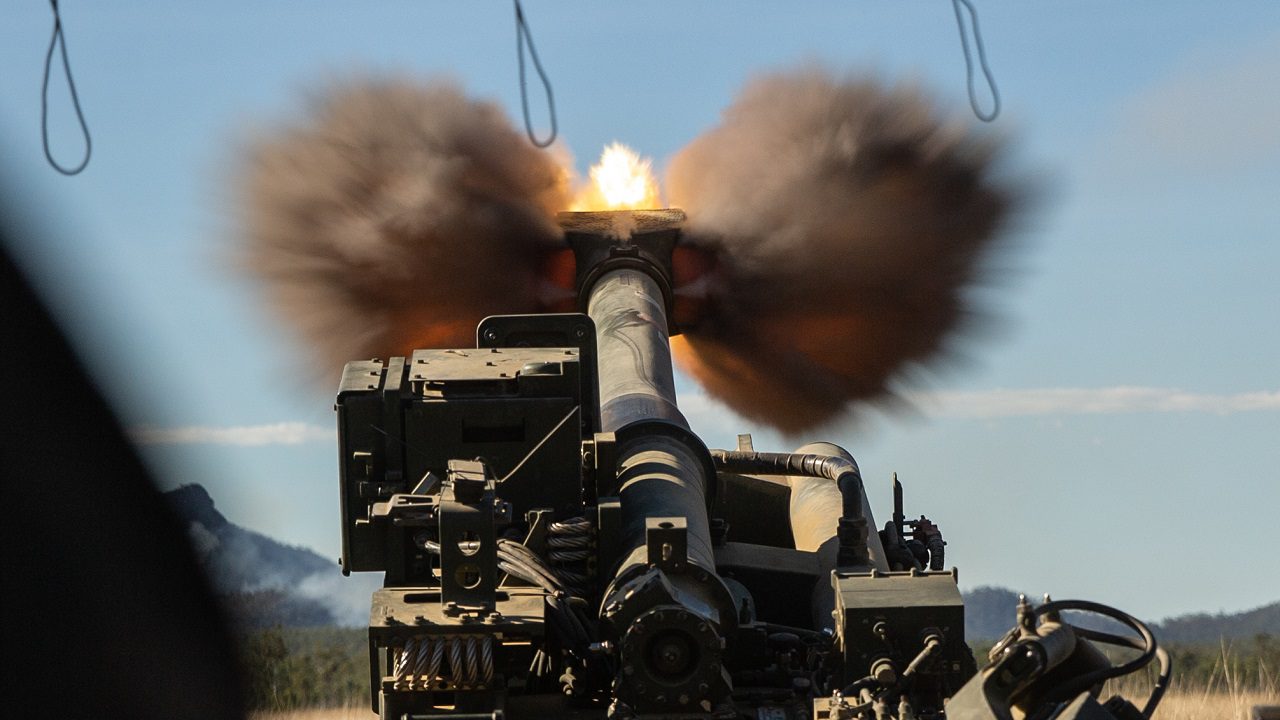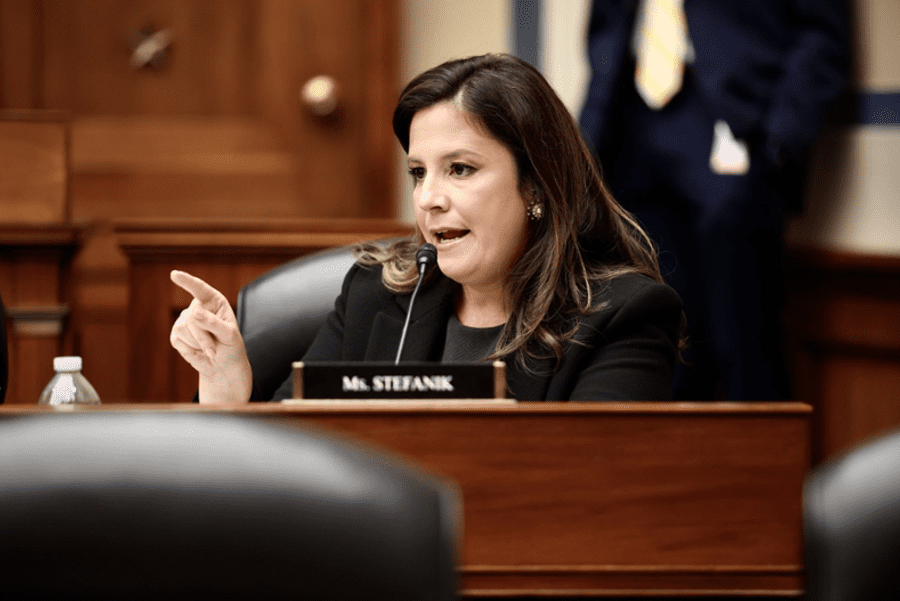Responsible advisers and GOP lawmakers should redirect his focus to other targets, especially the EU.
Last week’s Trump-Vance-Zelensky train wreck proved that the North Atlantic Treaty Organization is on increasingly shaky ground. Starting with Donald Trump’s Feb. 12 phone call with Vladimir Putin about the Ukraine war, things got worse when Mr. Trump called Volodymyr Zelensky a “dictator” and the war’s instigator. Vice President JD Vance’s neocon-like complaints that Western Europeans were insufficiently democratic, without comparable analysis of Russia, eased Mr. Putin away from diplomatic purdah. Defense Secretary Pete Hegseth’s plan to consider massive cuts in defense spending foreshadows even worse consequences. The Oval Office grudge match finished the picture, and all now points to trashing history’s most successful politico-military alliance. Mr. Trump hasn’t formally withdrawn from NATO, but he is so gravely weakening it that leaving would simply be the final insult.
NATO isn’t America’s only alliance in jeopardy. In his first term, Mr. Trump’s assault on NATO arrived alongside his criticism of other allies, albeit not as publicly as today. The Five Eyes intelligence-sharing network, the Australia-U.K.-U.S. consortium to build nuclear-powered submarines for Australia, and the export-control rules designed to keep rogue states from acquiring weapons of mass destruction—are all at risk. Even bilateral ties with Japan and South Korea are in question. Taiwan should be very worried.
Israel may escape for now, but Israelis should recall Martin Niemöller’s poem, which concludes: “Then they came for me—and there was no one left to speak for me.”
Two complementary political counterattacks are needed—to save Ukraine from Russia and to salvage NATO. Although the evidence is tenuous, there may still be enough alliance supporters among Mr. Trump’s advisers to change course. If so, they must advise the president on what he should be doing, not just responding “yes, sir” to his ill-informed statements.
I’ve been through this myself, as have others, and can attest it will be unpleasant for those showing loyalty to our country and its Constitution. But at some point, principles must rise above job security and ambition. Resignation becomes the only honorable course. Each adviser will have to make his own decision. But they need to start making them.
House and Senate Republicans must also stand up against dismantling our alliances and gutting the defense budget. Some lawmakers are asserting themselves on Ukraine and NATO, and more must follow. They will find allies among Democrats, and together they could constitute majorities in both chambers. Vocal congressional support for bolstering our alliances and substantially increasing defense spending is important in its own right—and for the reassurance it will give like-minded Trump administration officials. There is no argument more powerful to Mr. Trump than his own political well-being.
Alliance supporters should also persuade Mr. Trump to focus on his well-known disdain for the European Union, thereby easing the assault on NATO. Mr. Trump’s distaste for the EU reflects European weakness and inadequate defense spending, as well as his criticism of trade terms negotiated by previous U.S. administrations. Some of that dissatisfaction is justified but not enough to dismantle broader American security interests.
Here, Europeans must reject EU dogmatism, especially espoused by France, which insisted, even before the EU’s creation, on Europe’s separateness from America. Long reflected in calls for a “European pillar” within NATO, this groupthink has corroded the alliance’s cohesion. Ironically, and potentially fatally, if France’s EU ideology prevails and the EU tries to substitute itself for NATO, that would provide support for Mr. Trump’s view that America should withdraw. Not all of Europe suffers from this kind of thinking. Much of Donald Rumsfeld’s “new Europe” in the east and some “old Europeans,” like the U.K. and Nordic NATO members, have always emphasized Atlanticism. It is “old Europeans” such as France and Germany that are the main problem.
Europe’s first reaction to Mr. Trump’s fusillade, predictably led by French President Emmanuel Macron, was to assume Washington was irretrievably departing. Instead, to protect the West’s overall security and shared concerns about rising global threats, NATO advocates on both sides of the Atlantic must resist the misimpression that Mr. Trump’s position is enduring. Whether Europeans can stand alone against the China-Russia axis, the real overarching menace, is doubtful. Europeans should prize being part of the West more highly than being part of the EU, and act on that basis. Unfortunately, incoming German Chancellor Friedrich Merz moved immediately in the wrong direction, saying he would seek “independence” from the U.S. Saying that “the free world needs a new leader,” as EU official Kaja Kallas did, also doesn’t help.
Mr. Trump never appreciated Winston Churchill’s insight that “there is only one thing worse than fighting with allies, and that is fighting without them.” Accordingly, advancing U.S. national-security interests under Mr. Trump, and saving our admittedly imperfect alliances, requires enduring before prevailing. One answer is to outlast him, distract him and find him other targets. But the most important course is to tell the truth to the American people, starting now.
This article was first published in the Wall Street Journal on March 3, 2025. Click here to read the original article.






